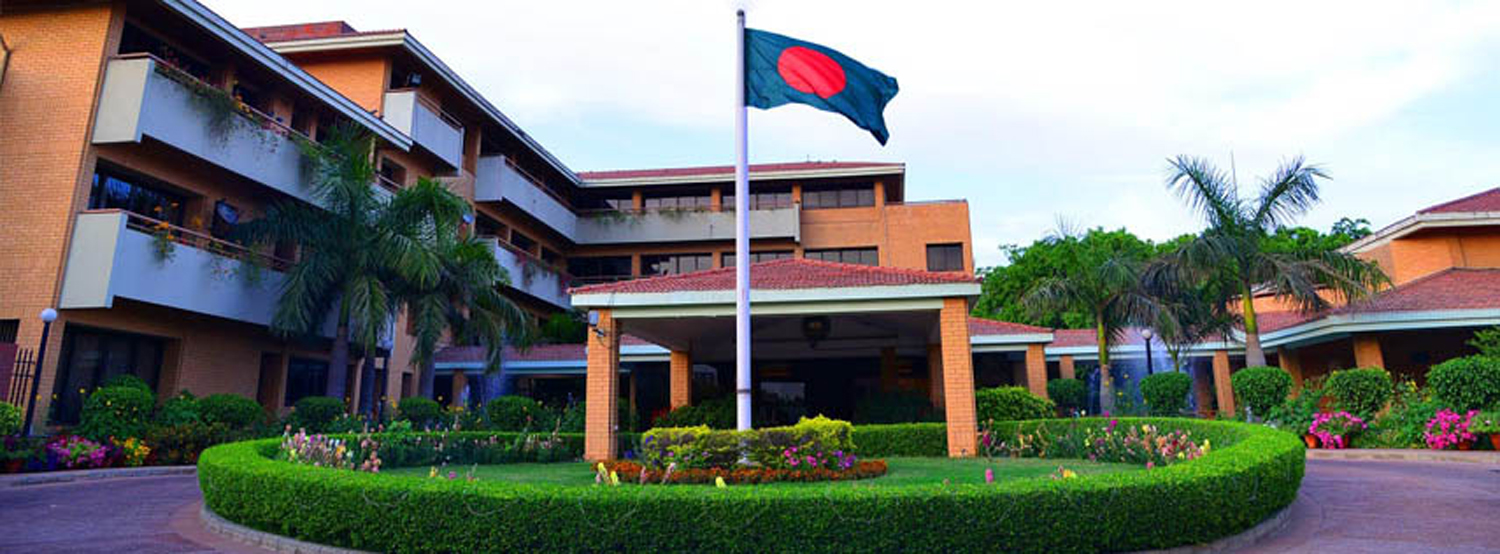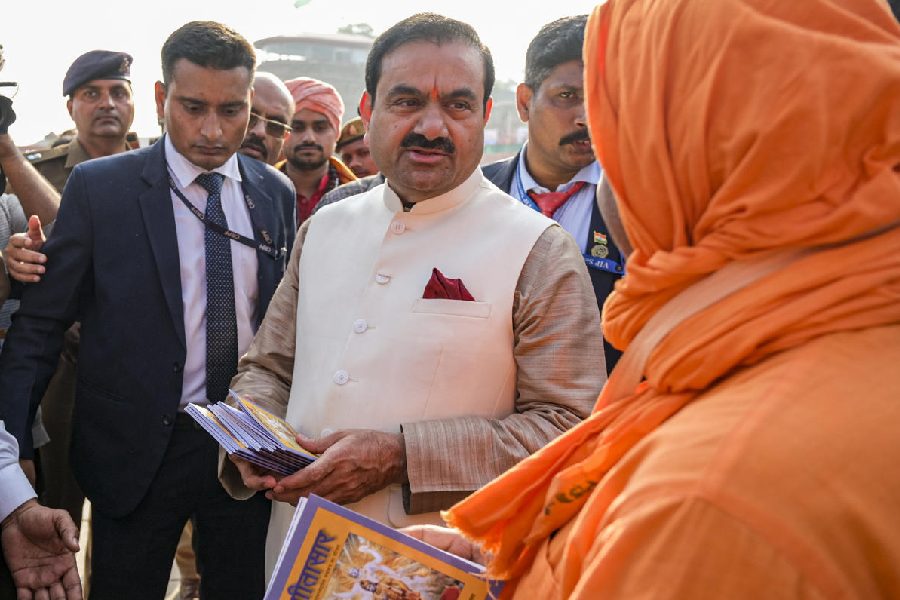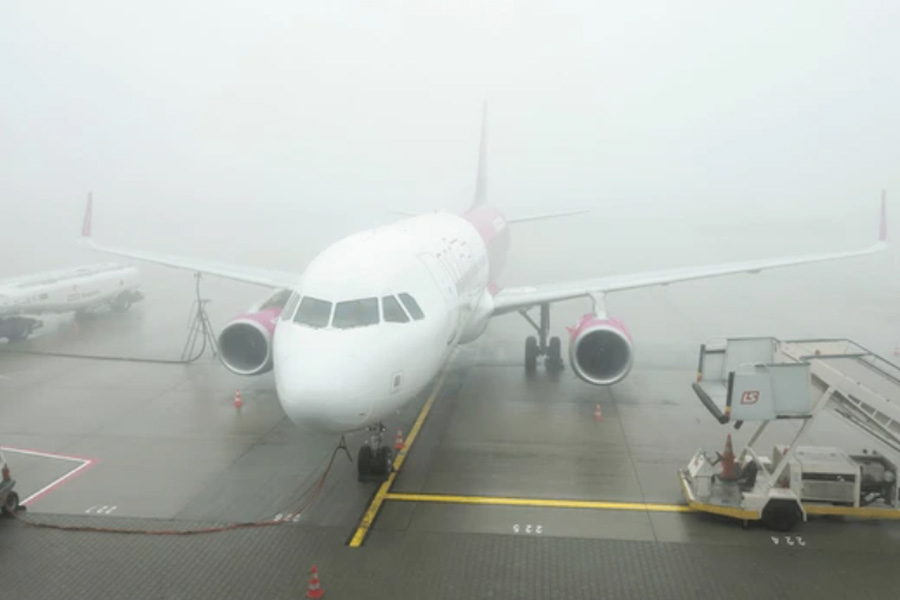The Bangladesh high commissioner has ascribed the narrative in India on illegal immigrants from his country to the “politics of influx” that politicians here are using for their own purposes, adding that Bangladeshis would rather swim across the oceans to the Mediterranean.
“People of Bangladesh would prefer to swim the Mediterranean and go to Italy than come to India. I got three people from Bangladesh to work here but not one stayed for more than six months,” Syed Muazzam Ali, the Bangladesh high commissioner to India, said on Tuesday.
He was responding to questions on the debate in India on illegal migrants from Bangladesh during an interaction with reporters at the Press Club of India.
Ali’s contention was that India hasn’t much of a pull factor for Bangladeshis, unlike what is often projected here, particularly since the difference in the per capita incomes in the two countries is narrowing at a trot.
In October-end, the Asian Development Bank updated its Asian Development Outlook to revise Bangladesh’s GDP growth for 2019 upwards from 8 per cent to 8.1 per cent, and downwards for India from 7.2 per cent to 6.5 per cent.
While frank on the illegal immigrants issue, the high commissioner was careful while answering a question on the National Register of Citizens (NRC), over which the Bangladeshis have expressed concern at different forums.
“It is an internal issue. That is what the Indian leadership has told us time and again. We are conscious of the fact that this is taking place, and we hope you can resolve it,” he said.
Stating that Bangladeshis’ reaction to India’s internal issues like Kashmir and the Ayodhya verdict has “been restrained”, Ali underscored that the secular forces in his country had prevailed so far. “But we need your help. There have been multiple assassination attempts on Sheikh Hasina. Peace does not come without a price….”
He acknowledged the change in India’s approach to the Rohingya issue -– helping out Bangladesh with the refugees and building houses to rehabilitate them in the Rakhine province of Myanmar.
Teesta
While saying the spirit of 1971 has been restored to a great extent in the bilateral relationship, Ali identified the hurdles to the sharing of common resources as the biggest challenge facing the two countries.
Flagging the Teesta dispute, he said there would be a dramatic change in Bangladesh’s relations with India once the water-sharing agreement was signed.
Ali, who was one of the 14 diplomatic and non-diplomatic staff members at Pakistan’s embassy in Washington who pledged allegiance to Bangladesh in 1970-71, will wrap up his five-year stint as high commissioner here next month.











